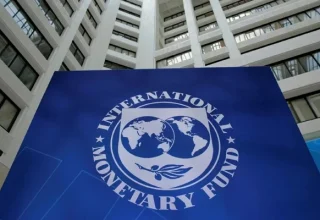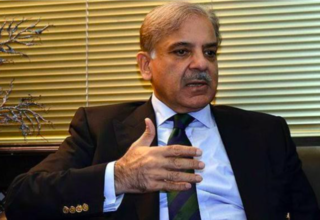Top officials from the United Nations and dozens of non-governmental organisations (NGOs) operating in Afghanistan are meeting on Sunday to discuss the way ahead after the Taliban authorities ordered all NGOs to stop women employees from working, aid officials said.
The Taliban administration on Saturday threatened to suspend the operating licences of NGOs if they failed to implement the order.
The Ministry of Economy, which issues these licences, said it had received “serious complaints” that women working in NGOs were not observing a proper Islamic dress code.
“A meeting of Humanitarian Country Team (HCT) is scheduled later today to consult and discuss how to tackle this issue,” Tapiwa Gomo, public information officer for the UN Office for the Coordination of Humanitarian Affairs, told AFP.
The HCT comprises top UN officials and representatives of dozens of Afghan and international NGOs who coordinate the distribution of aid across the country.
The meeting will discuss whether to suspend all aid work following the latest Taliban directive, some NGO officials said.
The United Nations, which said it would seek an explanation from the Taliban about the order, condemned the ministry’s directive.
It said the order excluding women “systematically from all aspects of public and political life takes the country backward, jeopardising efforts for any meaningful peace or stability in the country”.
US Secretary of State Antony Blinken said the ban would be “devastating” to Afghans as it would “disrupt vital and life-saving assistance to millions”.
The ban comes at a time when millions across the country depend on humanitarian aid provided by international donors through a vast network of NGOs.
Afghanistan’s economic crisis has only worsened since the Taliban seized power in August last year, which led to Washington freezing billions of dollars of its assets and foreign donors stopping aid.
The ministry said women working in NGOs were not observing “the Islamic hijab and other rules and regulations pertaining to the work of females in national and international organisations”.
It remained unclear whether the directive impacted foreign women staff at NGOs.
Dozens of organisations work across remote areas of Afghanistan and many of their employees are women, with several warning a ban on women staff would stymie their work.
The latest restriction comes less than a week after the Taliban authorities banned women from attending universities, prompting global outrage and protests in some Afghan cities.
Since returning to power in August last year, the Taliban have already barred teenage girls from secondary school.
Women have also been pushed out of many government jobs, prevented from travelling without a male relative and ordered to cover up outside of the home, ideally with a burqa.
They are also not allowed to ente parks or gardens.

































